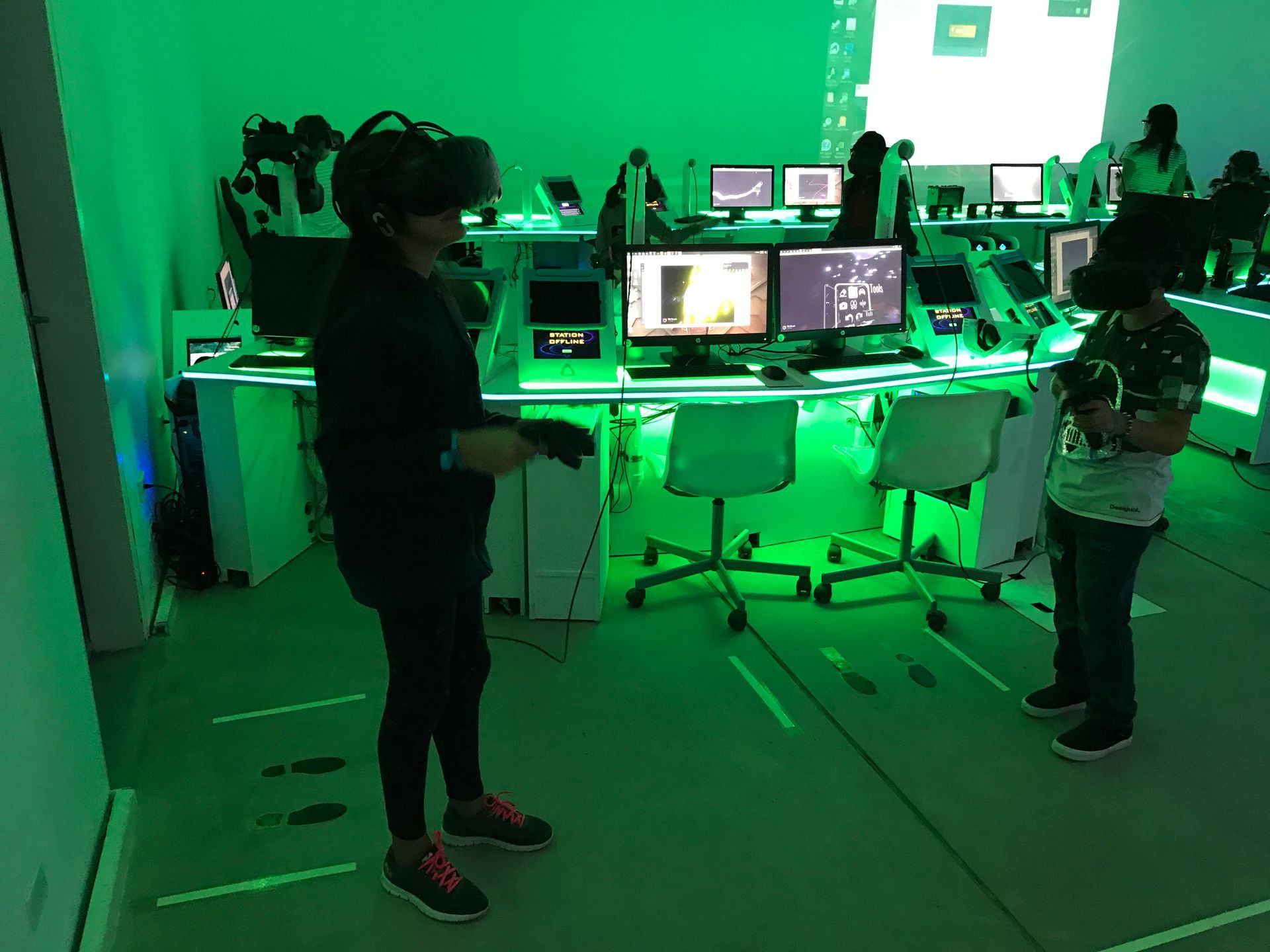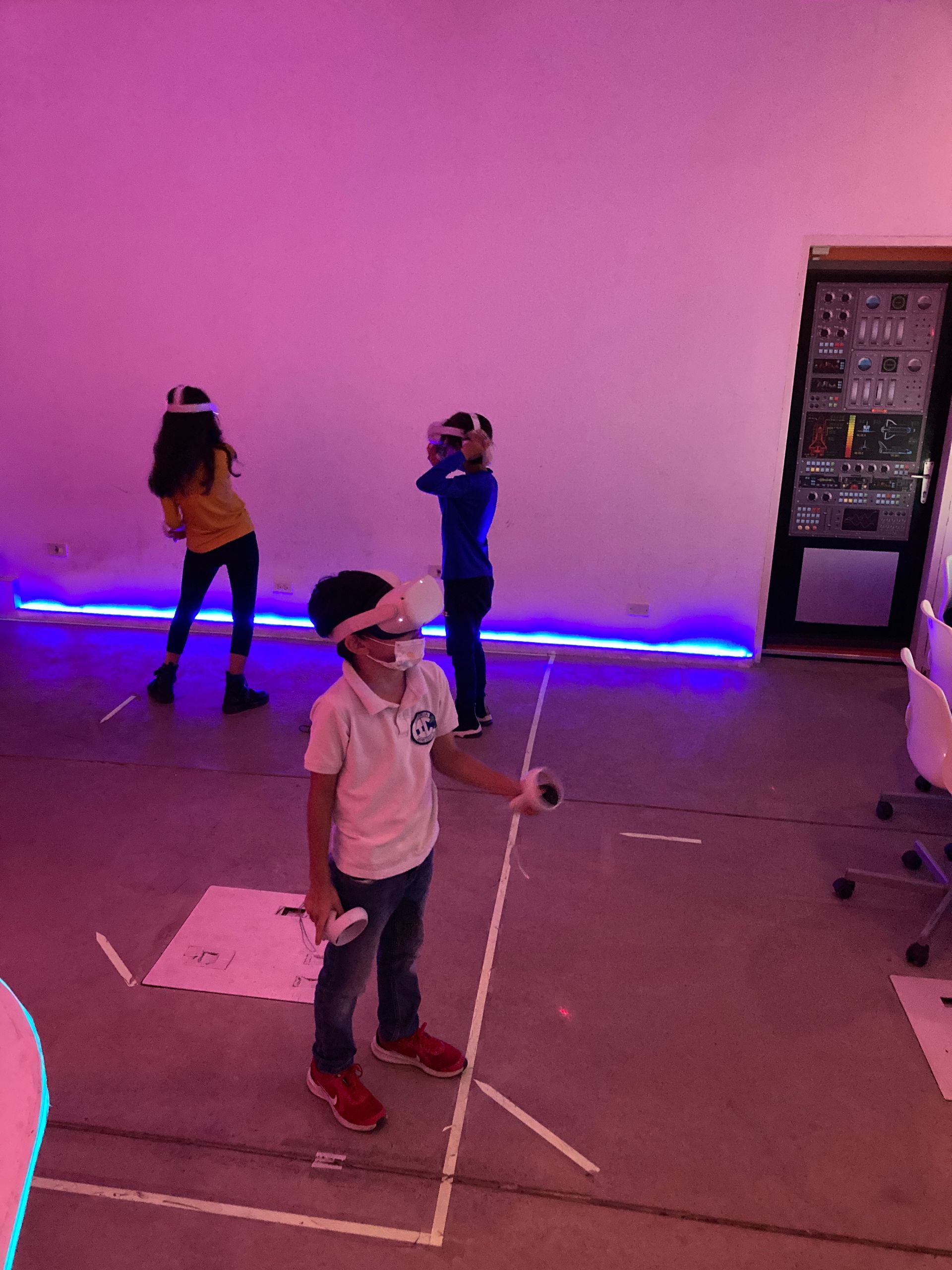Explore, Discover, and Play in Virtual Reality!
Step into a world of boundless adventure with The Exploratorium’s huge library of VR experiences! Using Oculus Quest headsets, we immerse explorers in captivating virtual environments that includes exploring the wonders of science, cooperative problem-solving, strategic thinking, and more!
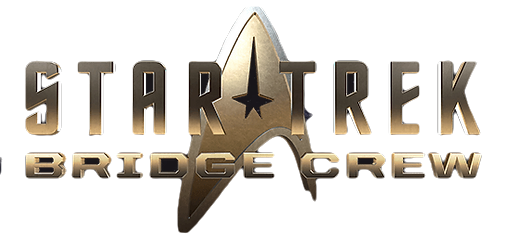
Get ready for an epic adventure in Star Trek: Bridge Crew! Imagine sitting in the captain’s chair or at the controls of a powerful starship, working as a team with your crew to explore uncharted space, battle enemy ships, and save the galaxy! You’ll take on the roles of Captain, Tactical Officer, Engineer, or Helm Officer, making split-second decisions in the heat of space combat. It’s all about teamwork, strategy, and outsmarting your enemies. If you’ve ever dreamed of being part of a space crew, this is your chance to live the adventure!”
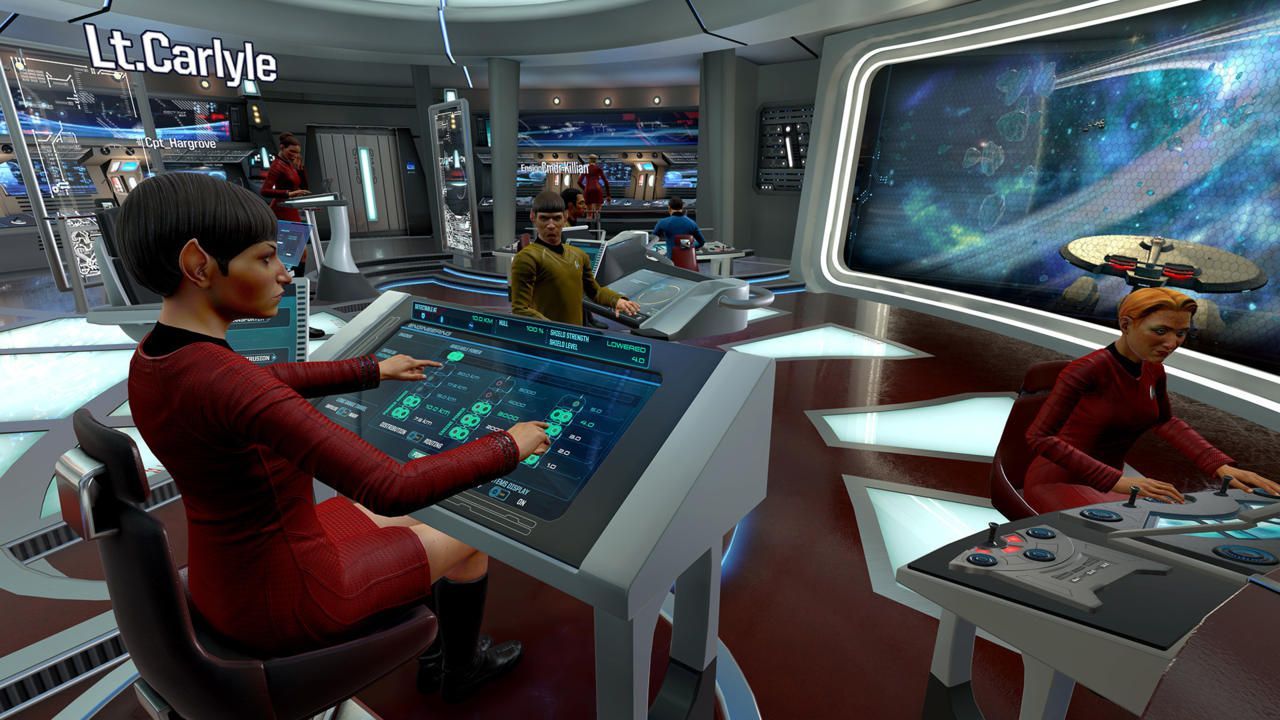
Slide title
Write your caption hereButton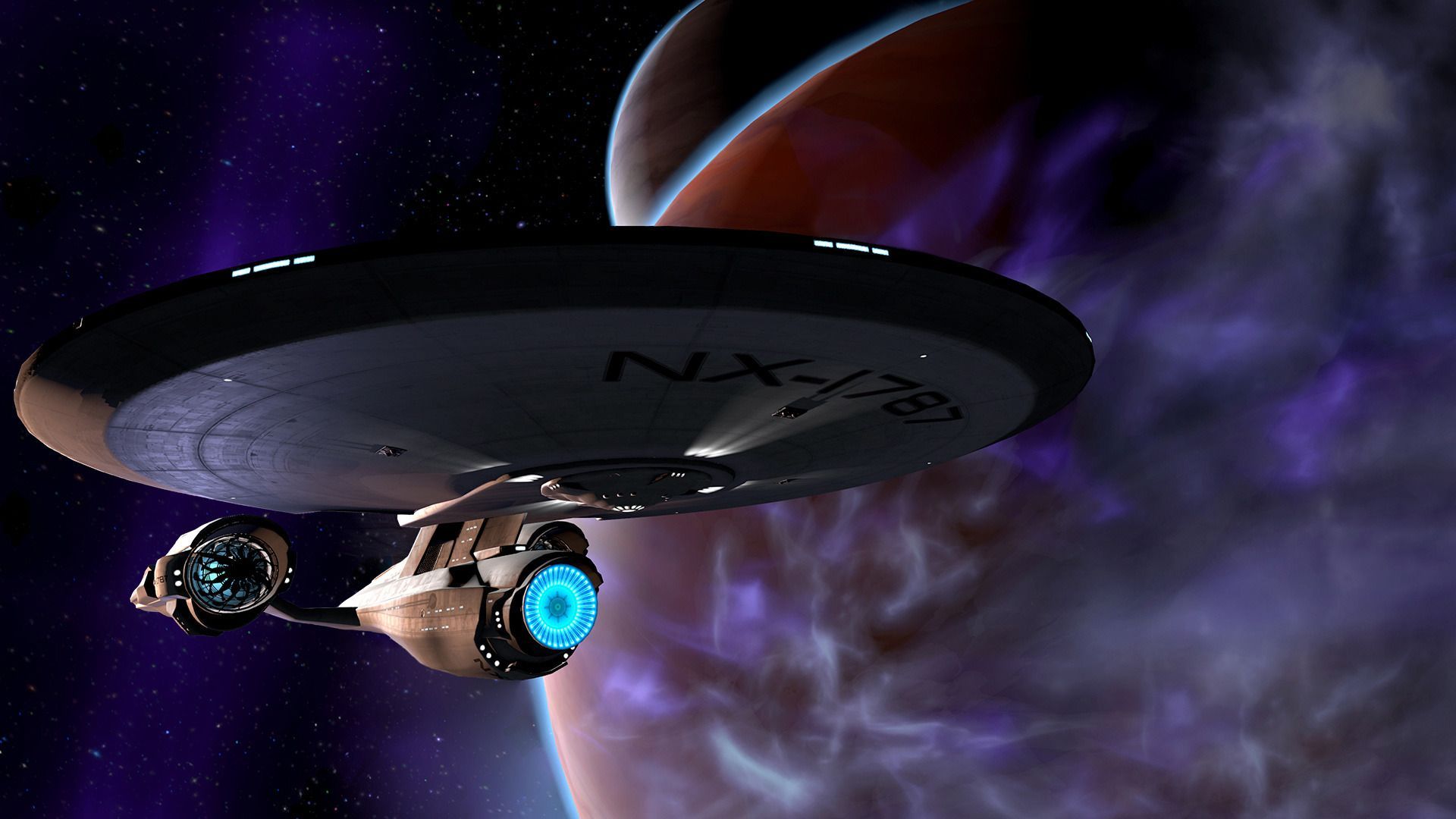
Slide title
Write your caption hereButton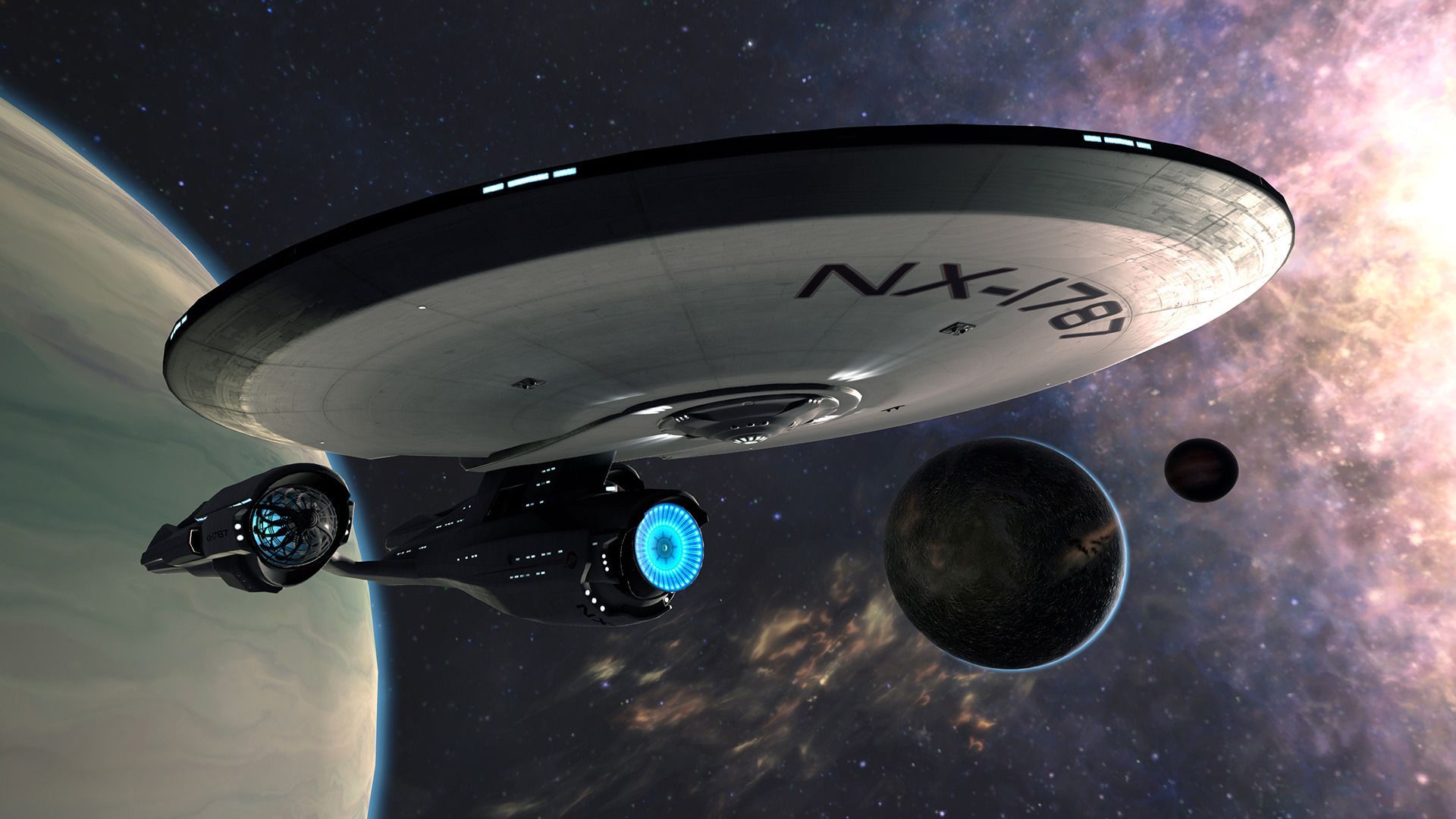
Slide title
Write your caption hereButton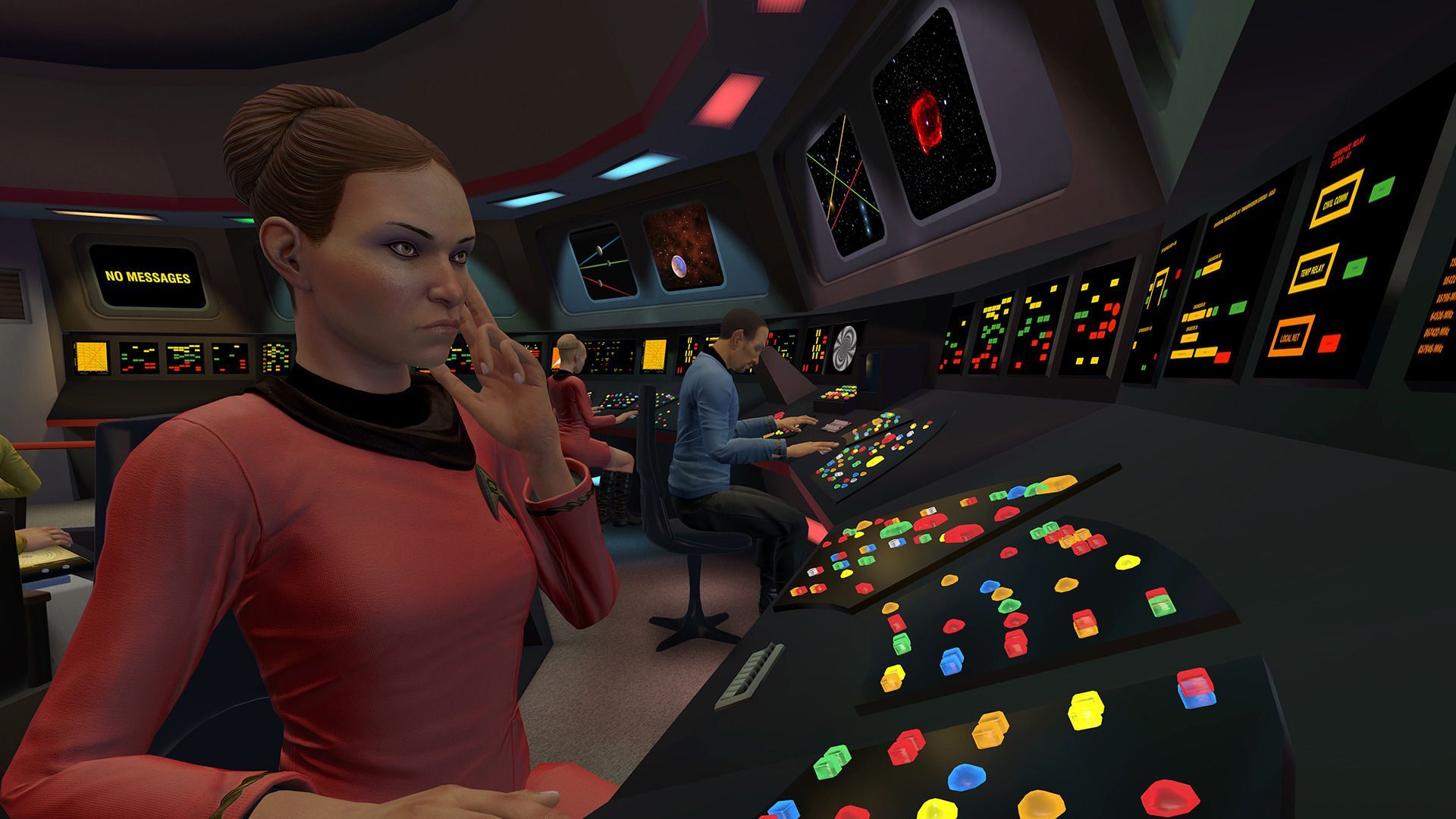
Slide title
Write your caption hereButton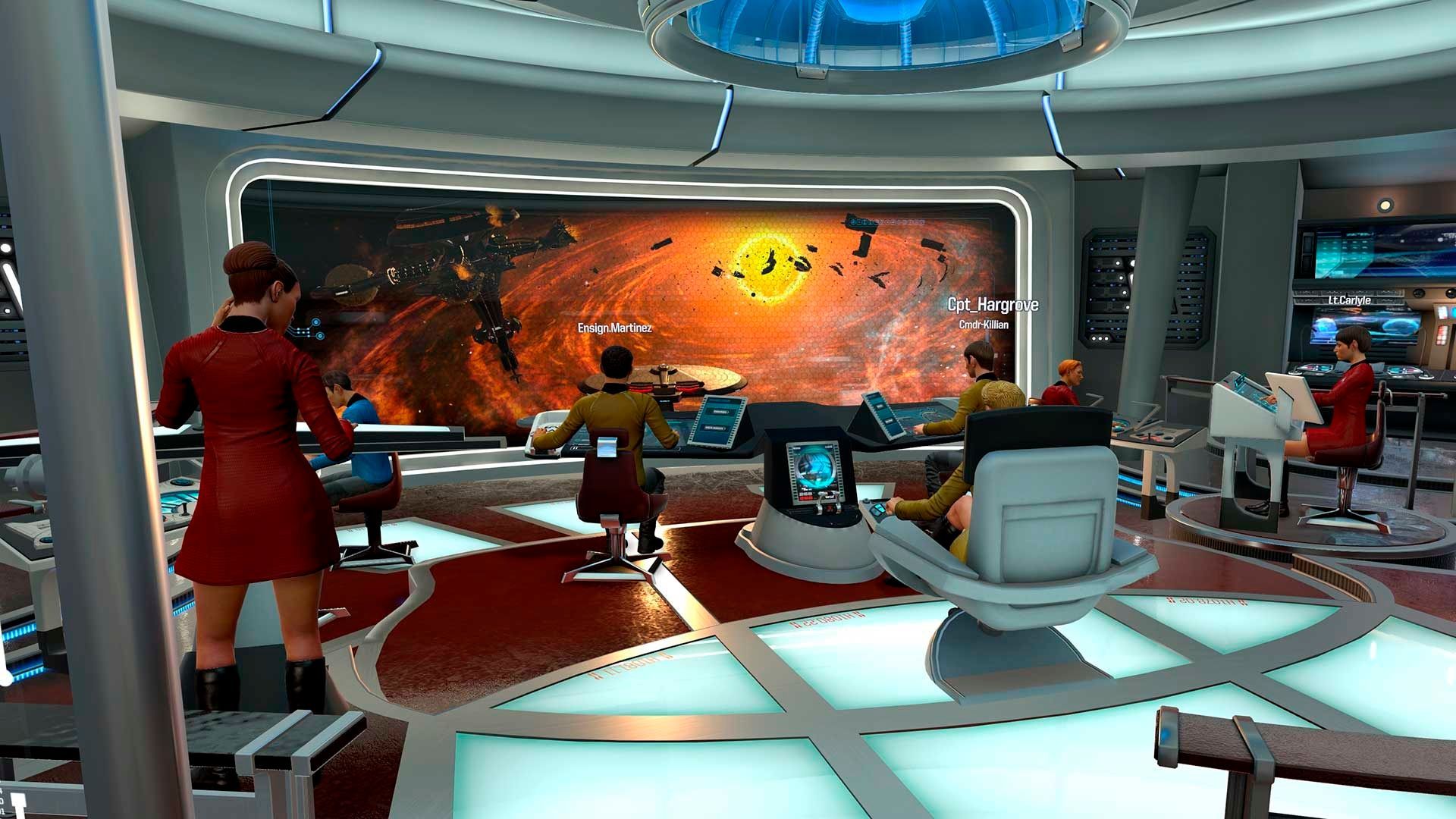
Slide title
Write your caption hereButton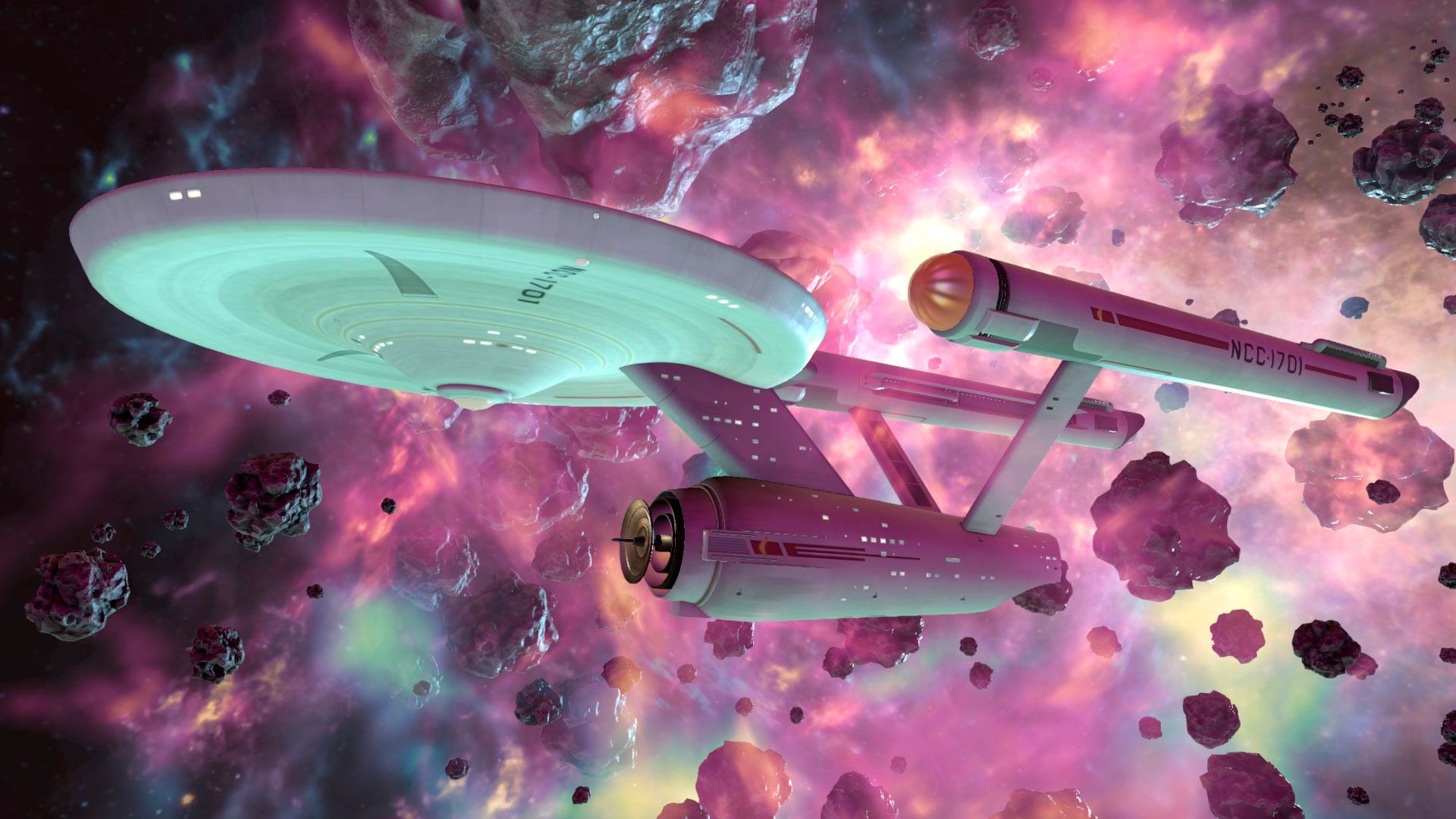
Slide title
Write your caption hereButton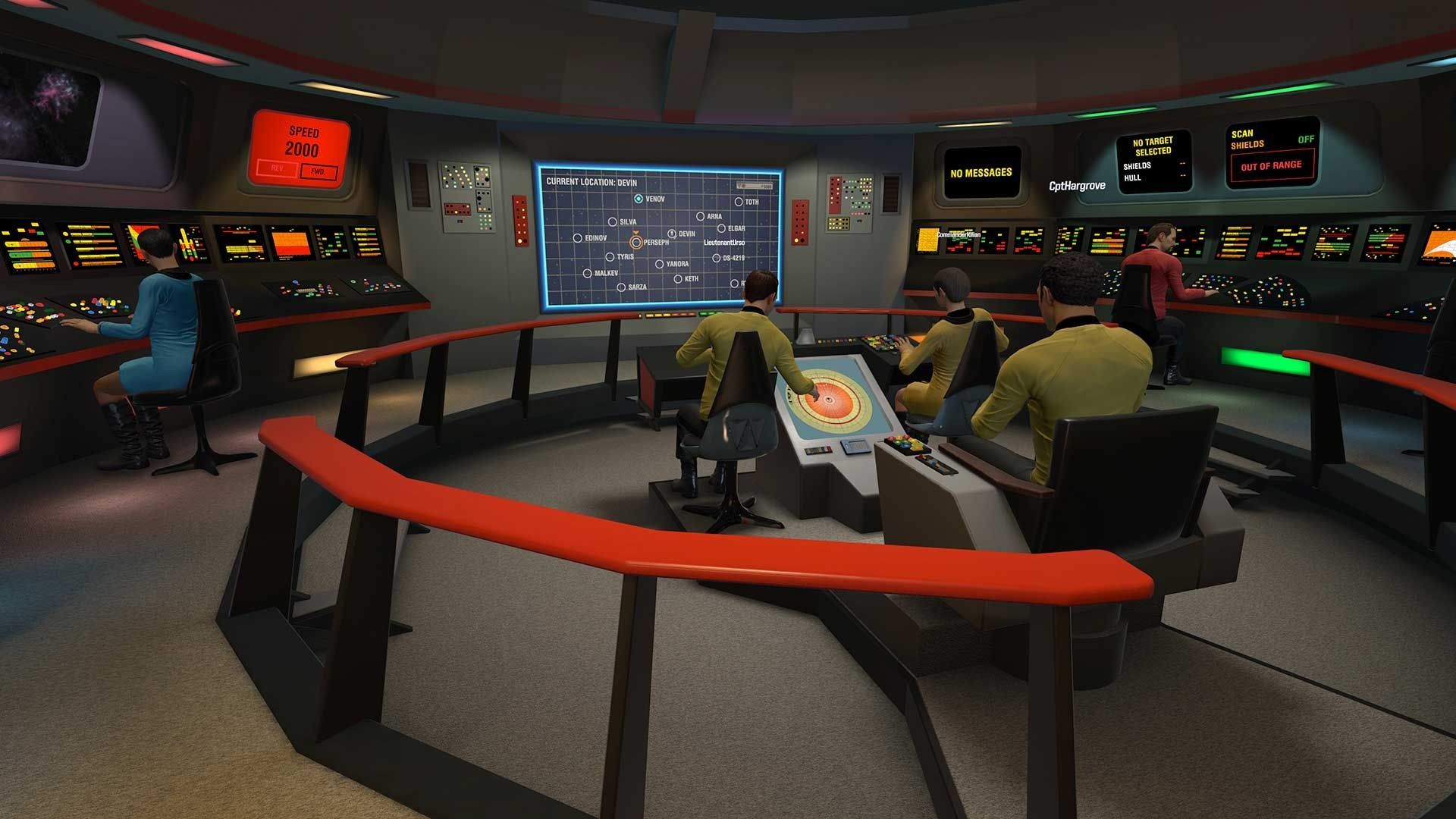
Slide title
Write your caption hereButton
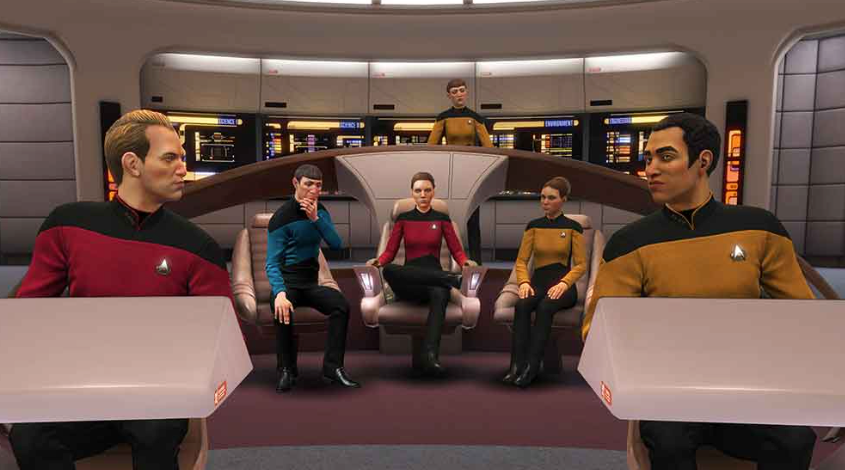
Slide title
Write your caption hereButton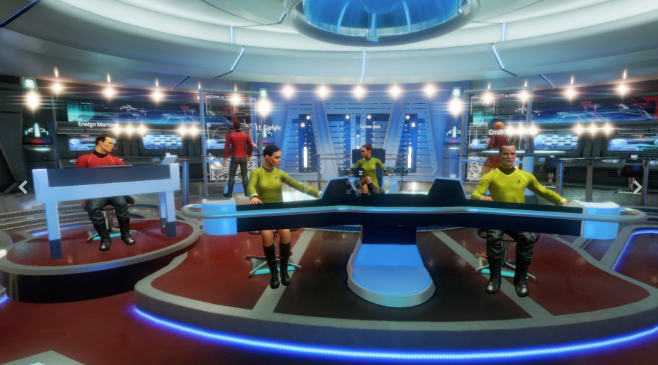
Slide title
Write your caption hereButton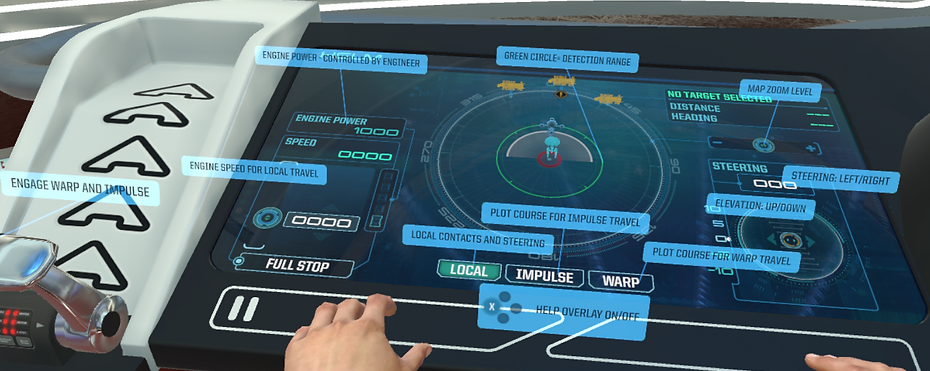
Slide title
Write your caption hereButton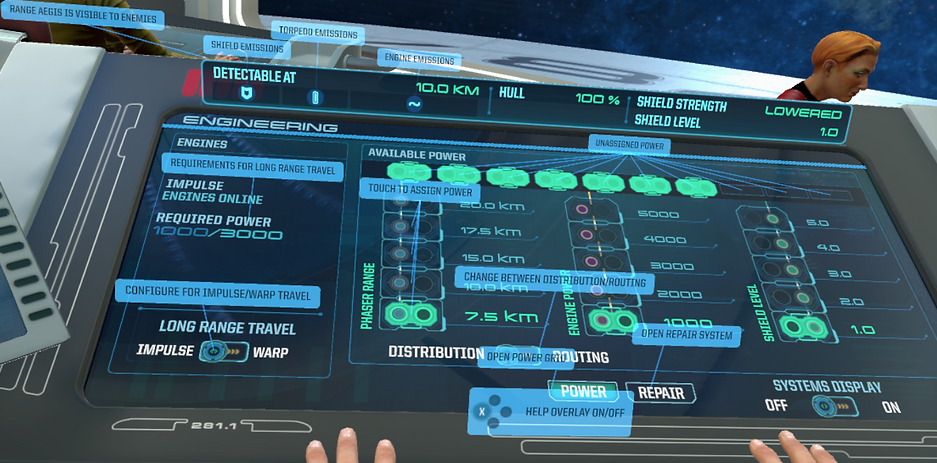
Slide title
Write your caption hereButton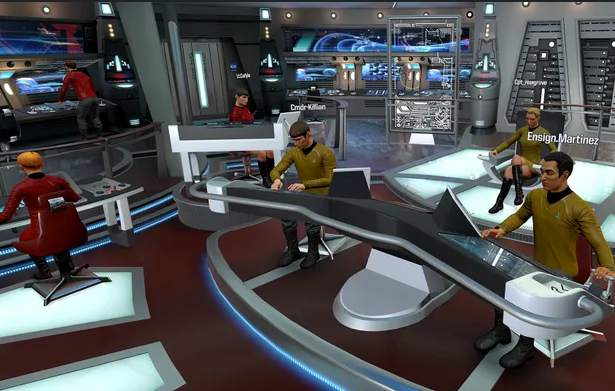
Slide title
Write your caption hereButton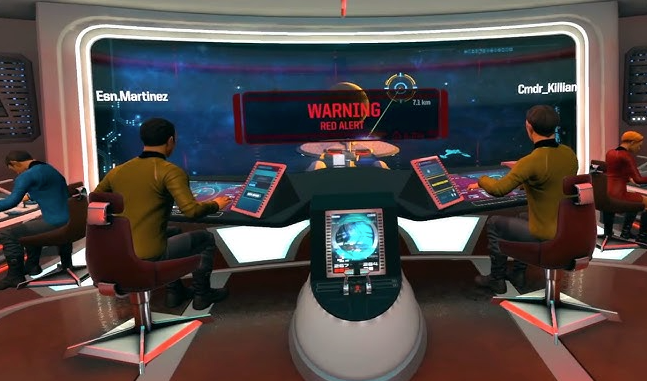
Slide title
Write your caption hereButton
Slide title
Write your caption hereButton
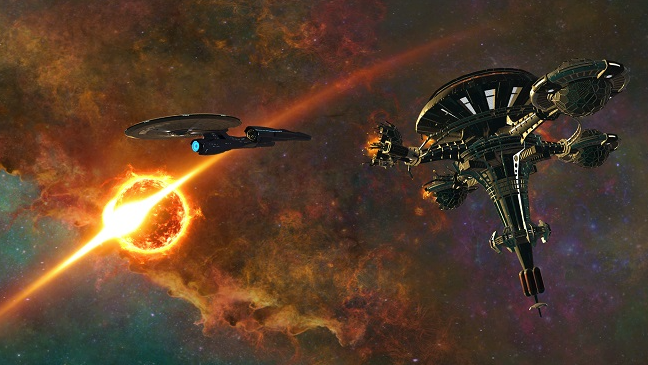
Slide title
Write your caption hereButton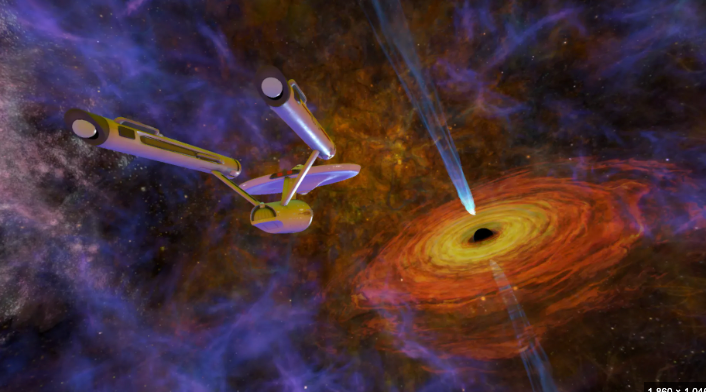
Slide title
Write your caption hereButton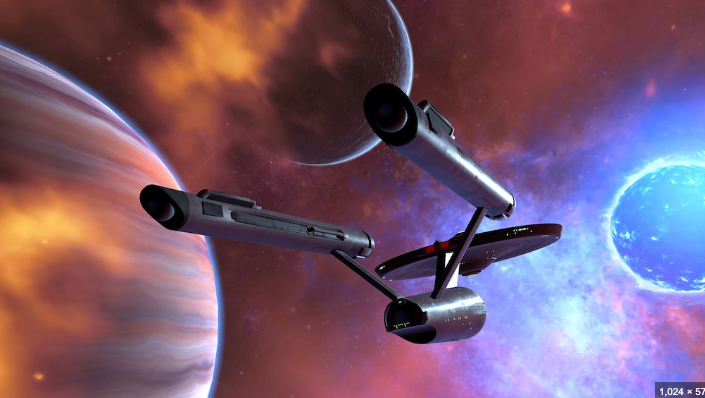
Slide title
Write your caption hereButton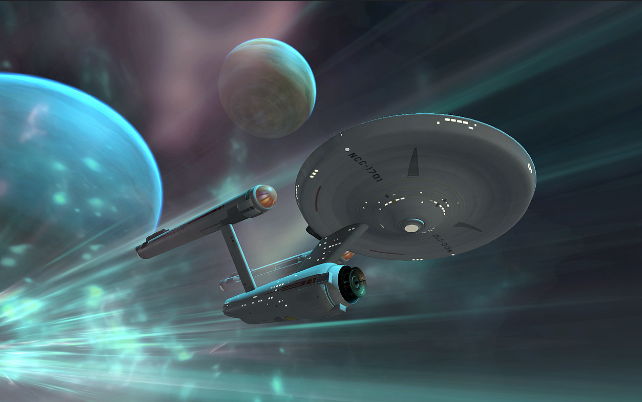
Slide title
Write your caption hereButton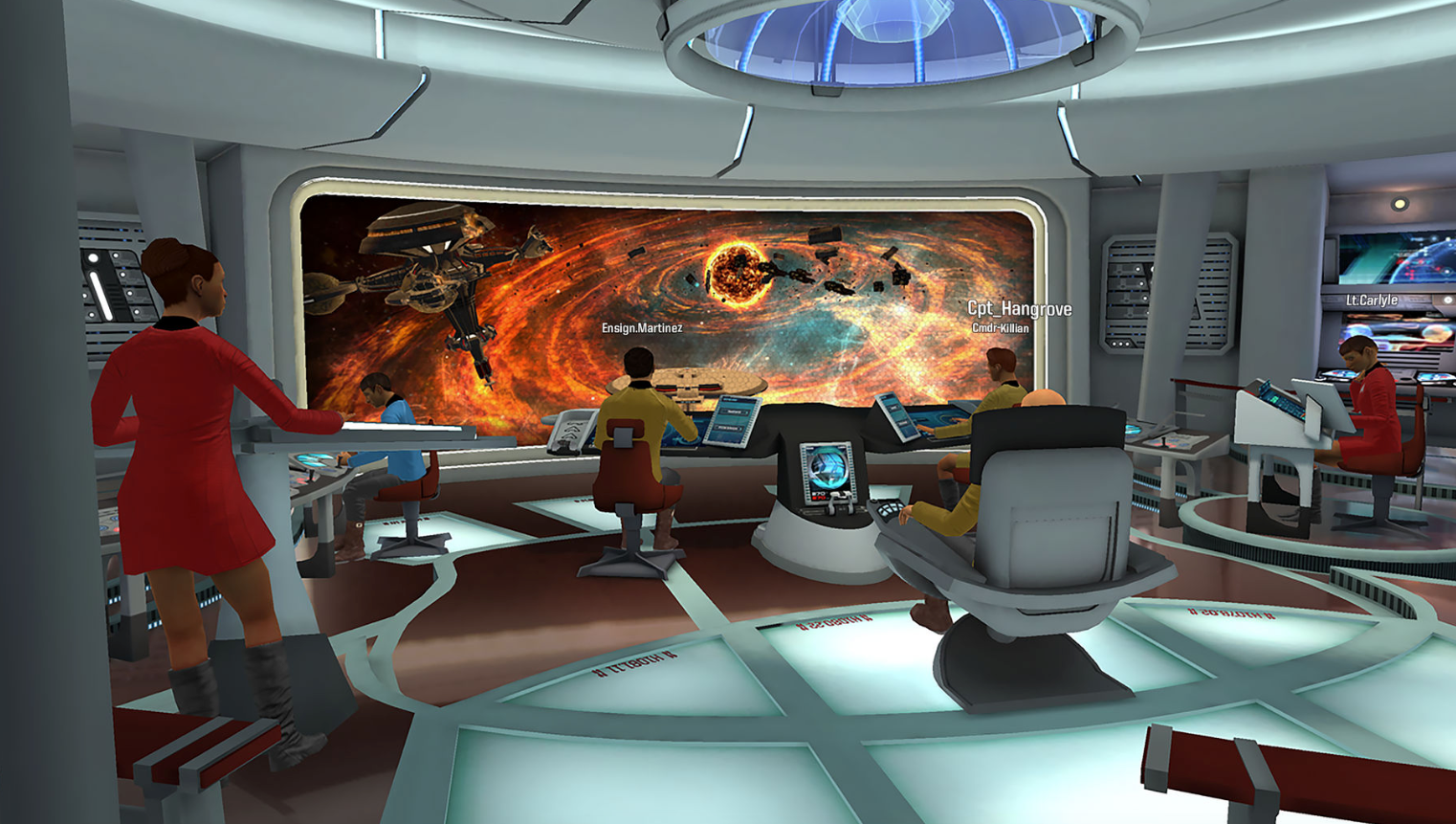
Slide title
Write your caption hereButton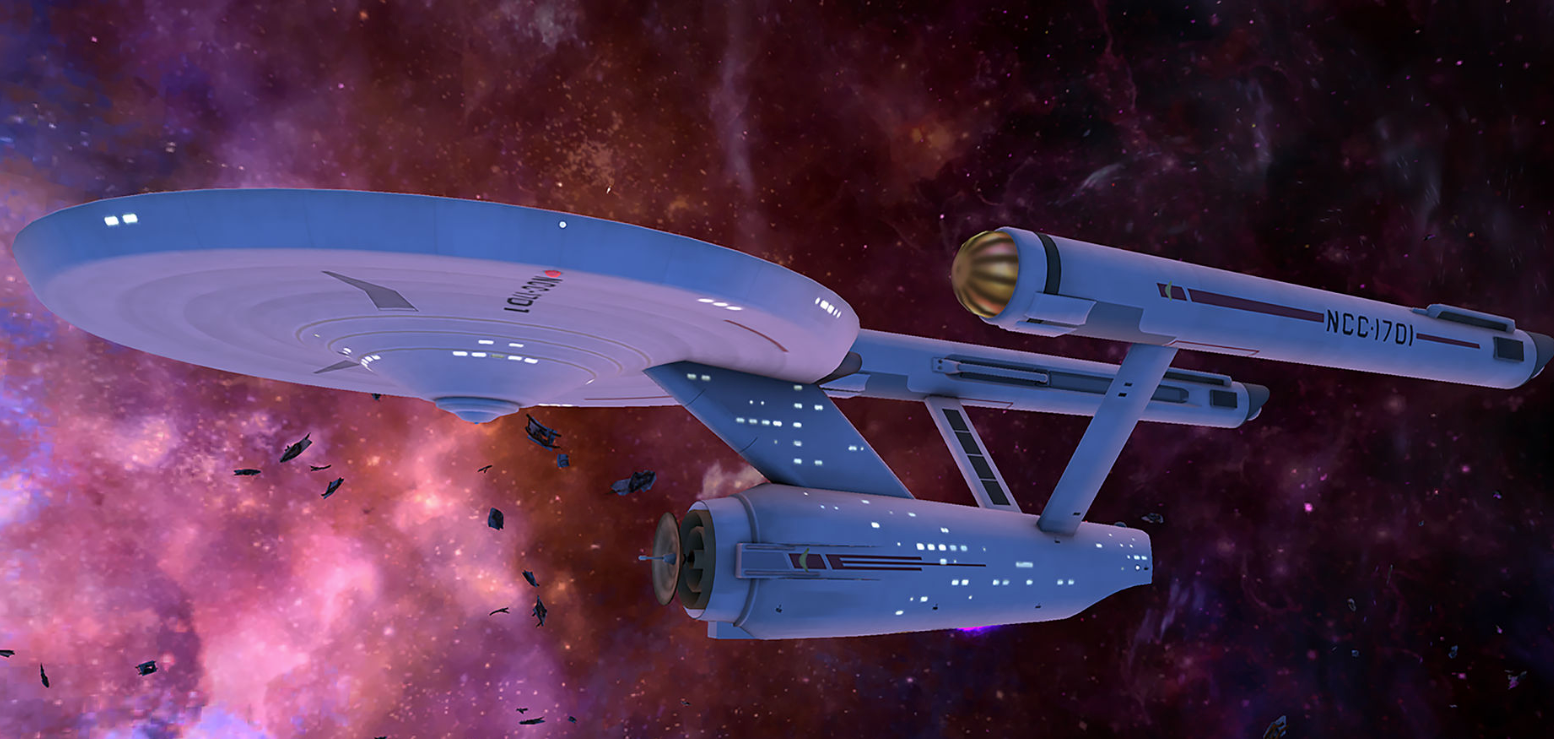
Slide title
Write your caption hereButton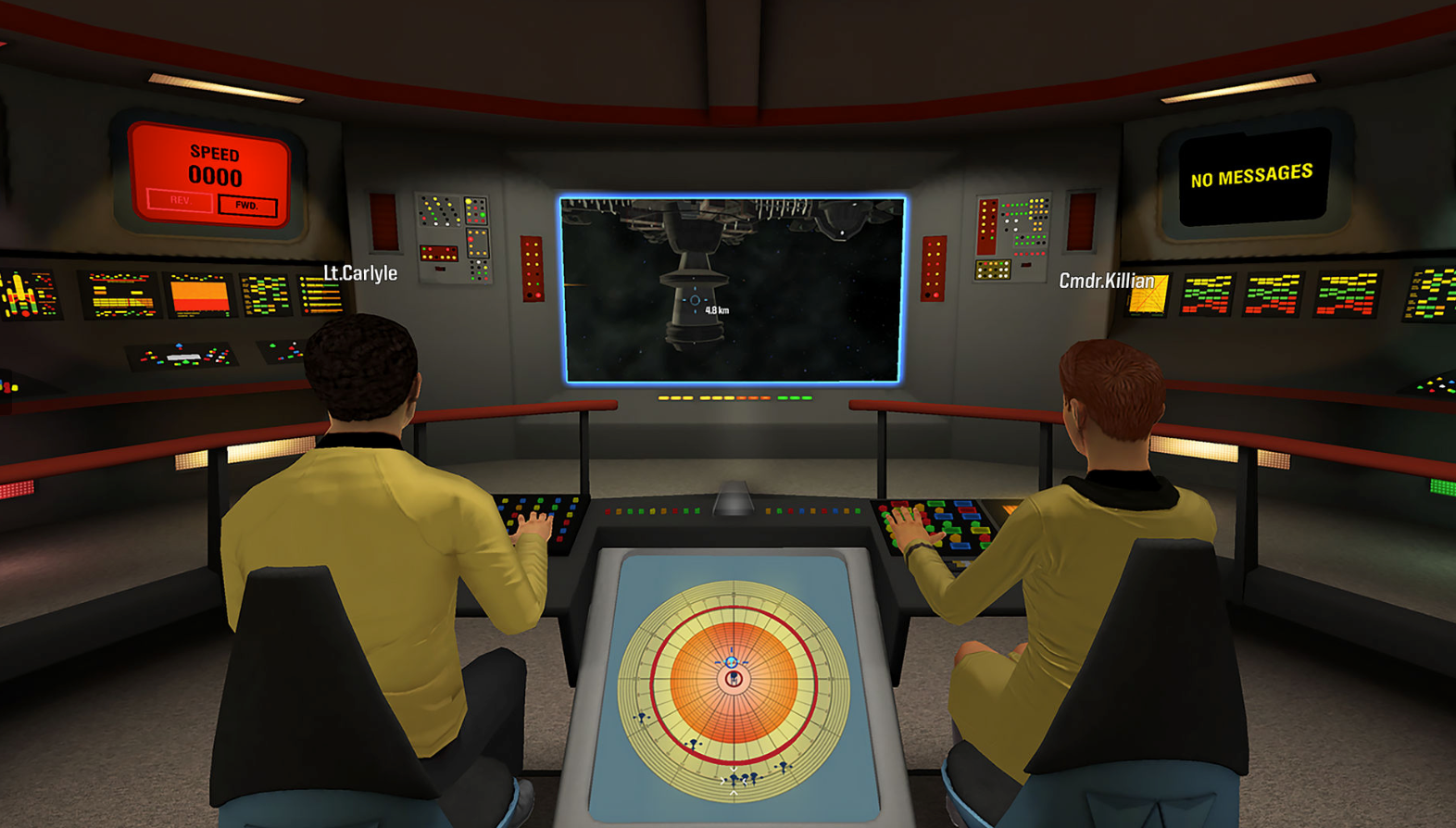
Slide title
Write your caption hereButton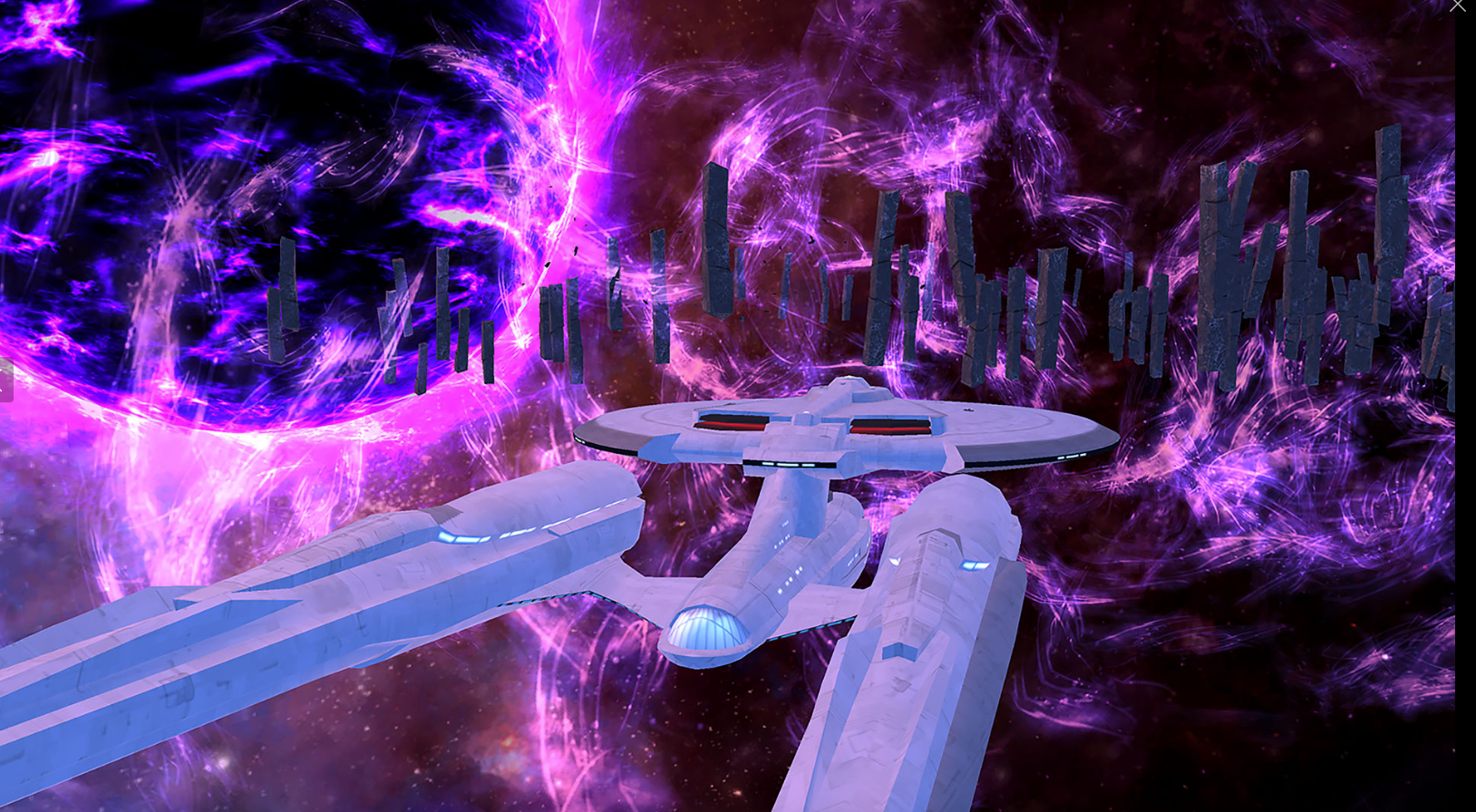
Slide title
Write your caption hereButton
ROBOTICS IN VIRTUAL REALITY
PROFESSIONAL LAB TRAINING
OPERATION APEX
You are a member of the Curio Underwater Research Team that includes some of the world’s leading marine scientists. Your mission is clear, take your research rig out into the open sea and assist on scientific expeditions to collect data from the marine life around you and learn about what’s upsetting certain aspects of the food chain in the ocean’s precious ecosystem
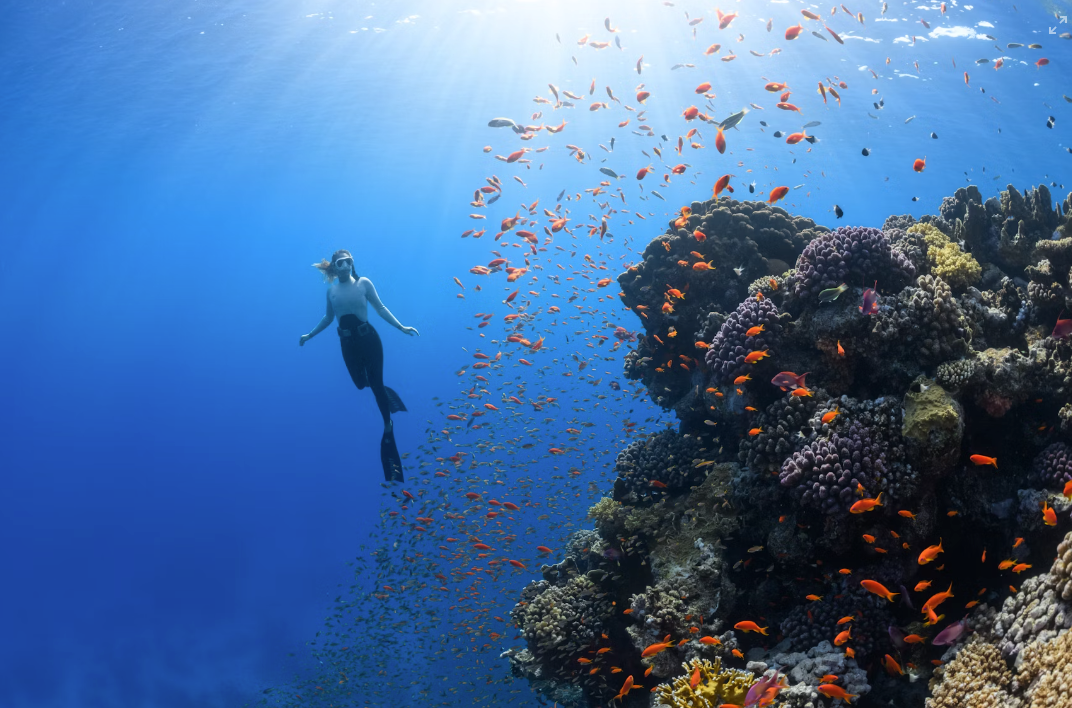
Slide title
Write your caption hereButton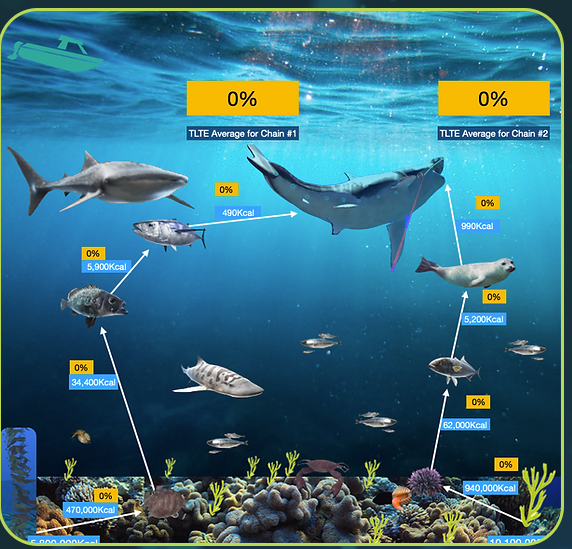
Slide title
Write your caption hereButton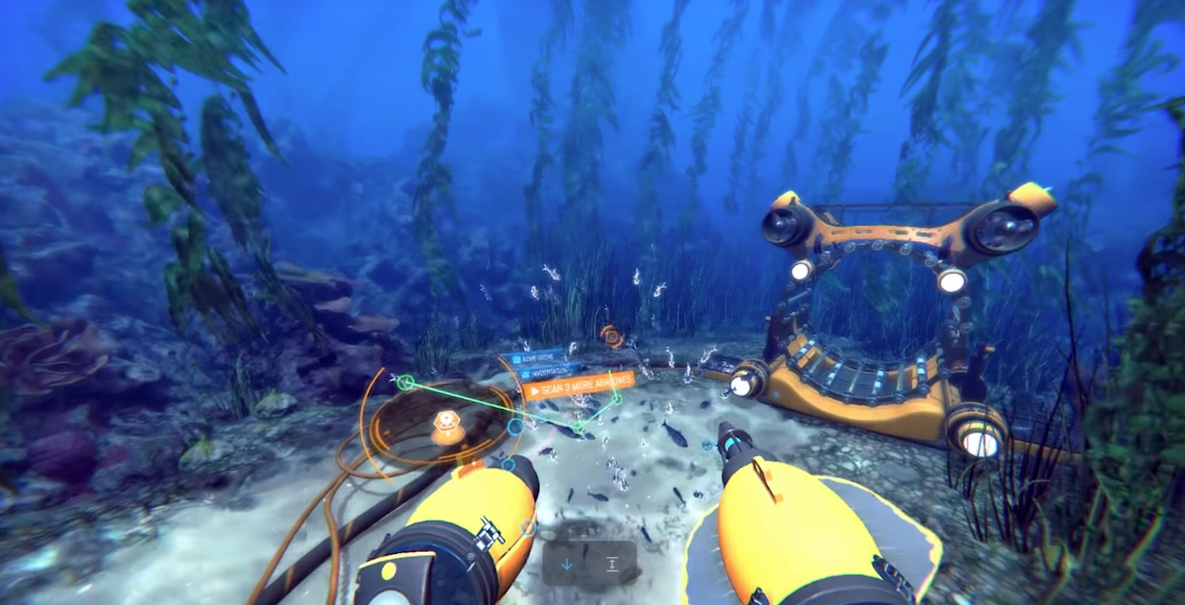
Slide title
Write your caption hereButton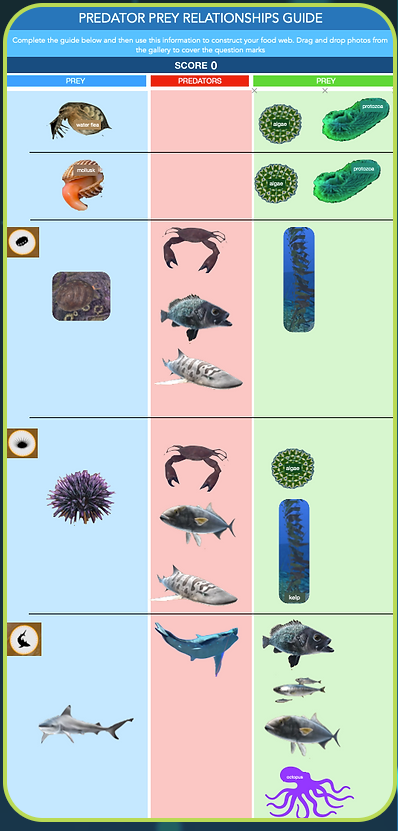
Slide title
Write your caption hereButton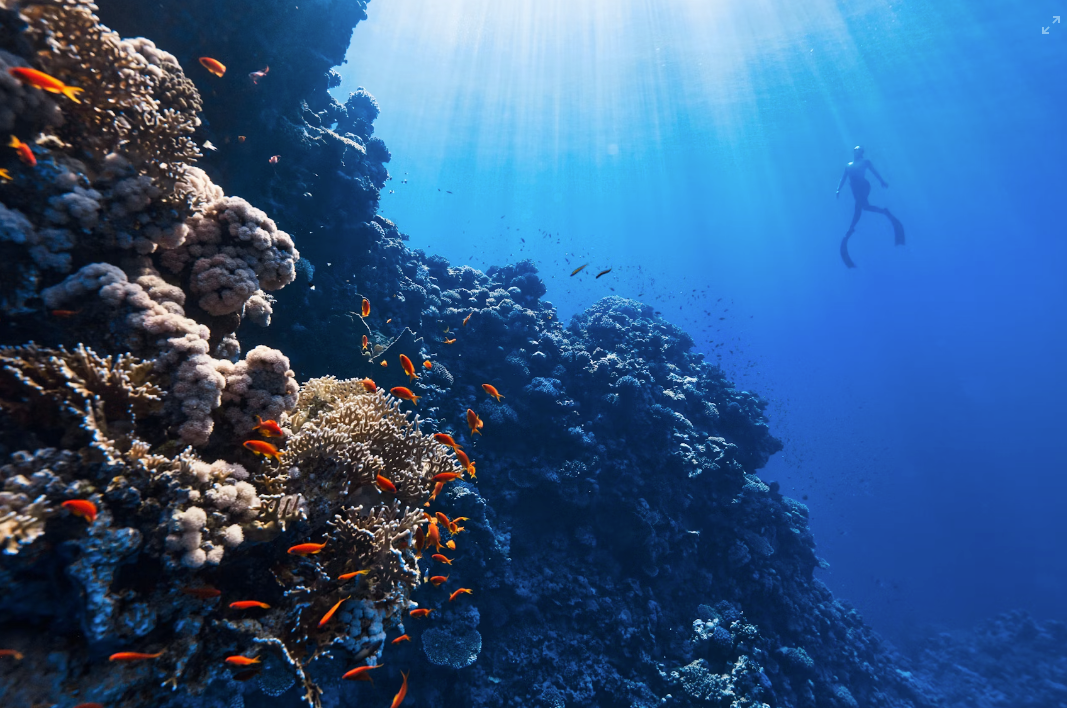
Slide title
Write your caption hereButton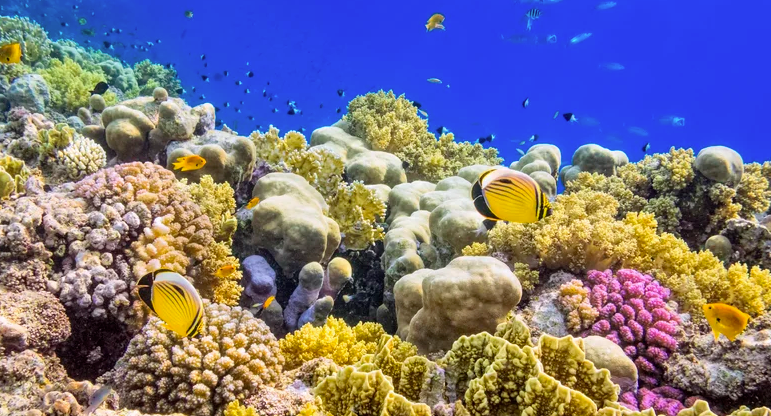
Slide title
Write your caption hereButton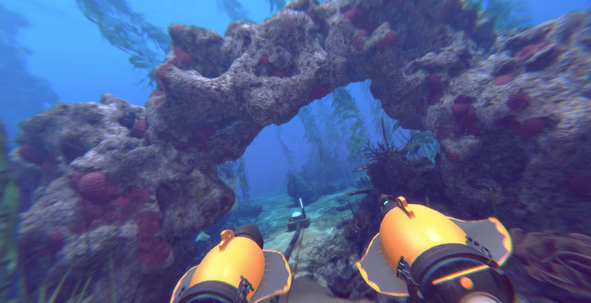
Slide title
Write your caption hereButton
During your mission, you will practice systems thinking by Analyzing how parts of a whole interact with each other to produce overall outcomes in a complex marine ecosystem. By working as a member of a marine research team, in which your objective is to investigate how members of a food web interact with each other, you will learn about cause-and-effect relationships and feedback loops and how they are impacted by anthropogenic disturbances.
Key areas you will experience and learn about include ecosystem dynamics, trophic levels, food webs, food chains, predator-prey relationships, trophic level transfer efficiency, marine zoology and sustainability, and anthropogenic disturbances.
ESSENTIAL SKILLS AND OBJECTIVES
Practice marine biology data collection on various species and manipulate that data for analysis, using virtual field tools and computer spreadsheets to produce graphs and charts to understand current conditions and future trends within habitats.
Define 'food chain' and 'trophic level.'
Create an ocean food-chain model
Explain the relationship between primary, secondary, and tertiary consumers.
Learn about the importance of keystone species.
ESSENTIAL QUESTIONS
How does anthropogenic activity affect marine biology?
What are some factors that determine marine animal habitats?
How are tertiary consumers dependent on the environmental conditions of primary and secondary consumers?

